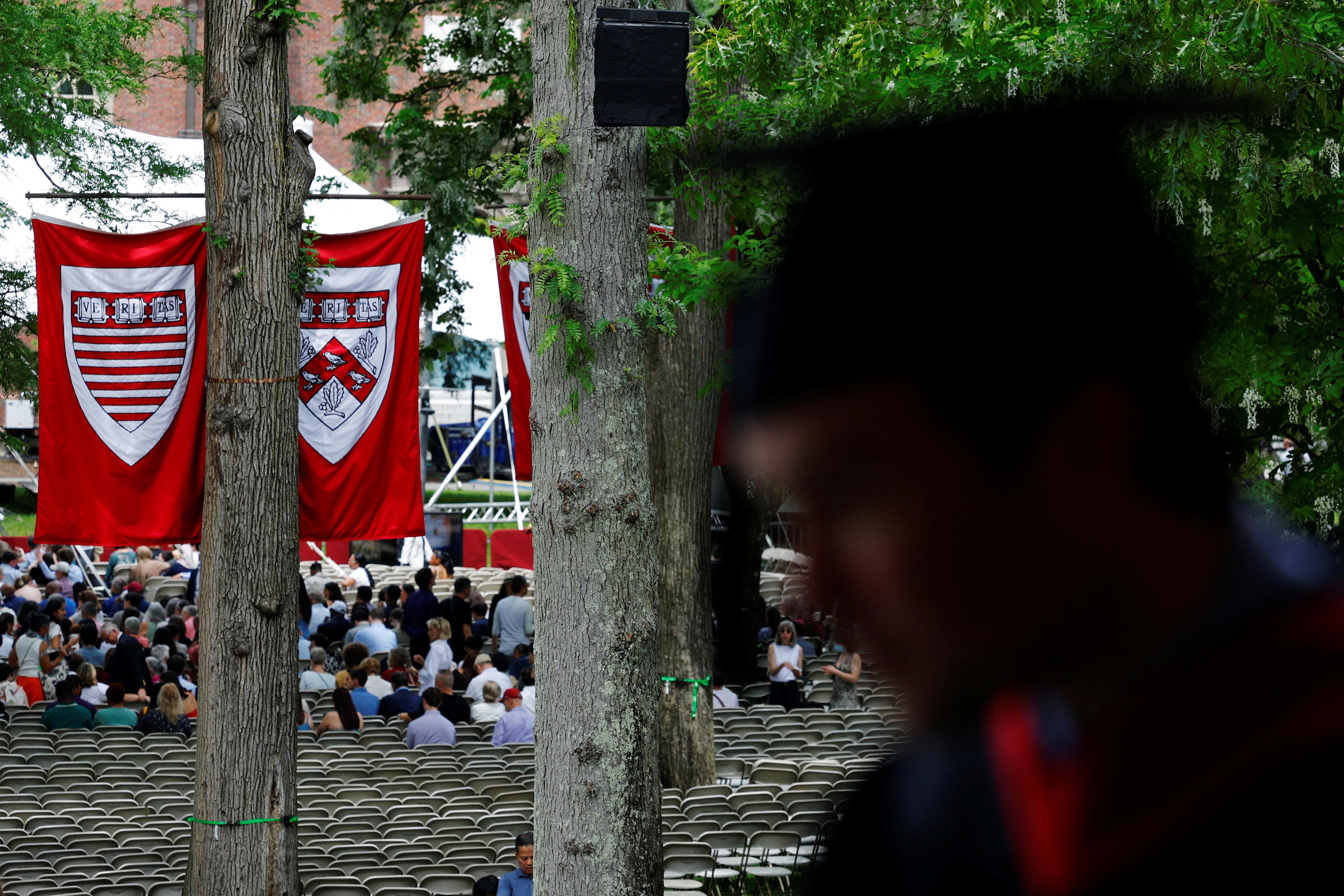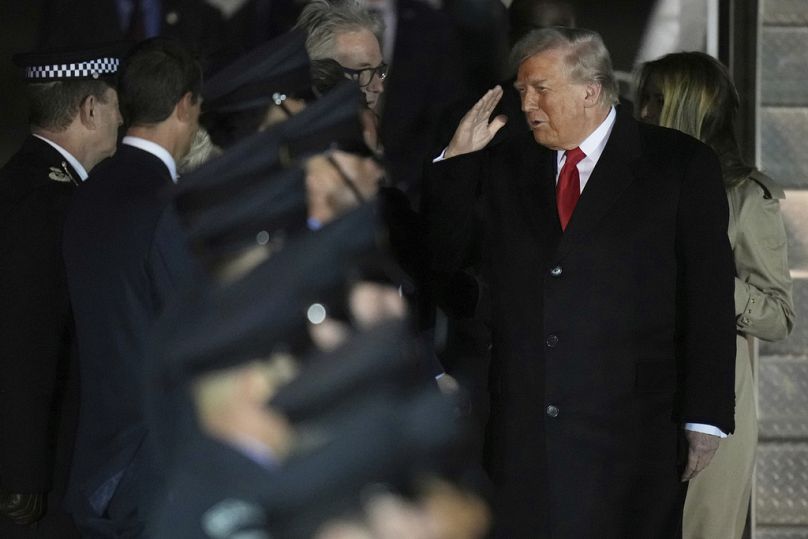WASHINGTON – It's a tough time to be the president of an Ivy League university.
Although President Donald Trump graduated from one, he's made it clear he won't tolerate the liberal slant he sees at America's most prestigious colleges – and that he intends to reshape them accordingly .
His administration's unprecedented deal with Columbia University in New York City has put many of its Ivy League peers in a difficult position. To shake the target off its back and unpause research funding , Columbia agreed on July 23 to pay fines of more than $220 million (and signed on to a sprawling list of other concessions related to admissions, academics and hiring practices).
Start the day smarter. Get all the news you need in your inbox each morning.
The agreement has unsettled leaders at college campuses across the country.
"This has opened up a Pandora's box," said Scott Schneider, an attorney and expert in higher education law.
Trump, who has halted billions in research grants to a number of schools , has said he envisions the Columbia deal as the first of many such agreements. His education secretary, Linda McMahon, called it a blueprint for other institutions to follow.
"Columbia's reforms are a roadmap for elite universities that wish to regain the confidence of the American public," she said in a statement.
While it's unclear whether the agreement has set a new precedent, the Trump administration is pushing for other colleges to pay similar types of fines, a White House official confirmed to USA TODAY.
Some onlookers, including Larry Summers, a former president of Harvard, have praised the deal . He called it an excellent template " for resolutions with the administration.
But critics such as Brendan Cantwell, a higher education professor at Michigan State University, believe the short-term benefits of yielding to broad demands from the Trump administration are not worth the long-term implications of redefining the relationship between the federal government and higher education.
Still, he understands the arguments of people like Summers. When colleges choose to fight, he acknowledged, "individual people are going to be hurt."
"And maybe that's an unacceptable cost," he said.
Trump's other deal: the University of Pennsylvania
Columbia is not the only Ivy League school to strike a deal with the Trump administration this summer.
On July 1, the University of Pennsylvania, the president's alma mater in Philadelphia, entered into an agreement ending a civil rights investigation brought by the U.S. Department of Education. In February, the agency accused Penn of violating Title IX , the primary sex discrimination law governing schools, when it allowed Lia Thomas, a transgender swimmer, to compete in 2022.
By March, professors were told their research projects had lost funding. The school's president said $175 million in grants and programs had been jeopardized.

As part of the deal, the White House said it would restore Penn's research funding. In return, the university apologized to cisgender athletes who swam against Thomas. The university also agreed to ban transgender women from sports. (Trans women athletes have been banned from competing on women's teams at National Collegiate Athletic Association schools since February, when new rules were imposed, although the NCAA's policy permits trans men to compete in men's sports.)
Weeks after the deal was announced, many Penn faculty members remain in limbo, unsure about which grants have been revived.
"Nobody really knows what was cut and what was restored," said Jonathan Zimmerman, a professor who studies the history of education at the university. "It feels like the theater of the absurd."
Harvard keeps fighting
Harvard, unlike other Ivy League campuses involved in similar conflicts, has continued to fight the Trump administration in court.
At a key hearing in Boston on July 21, the university's lawyers urged a federal judge To force the White House to restore billions in funding for the school. Harvard has asked the judge to make a decision by September 3.
But the White House's attacks on Harvard have extended far beyond money for research: The Trump administration has threatened to revoke its tax-exempt status , tried to ban it ability to enroll international students, warned its accreditor , and considered placing a lien on the university's assets.

All the while, Trump has hinted he believes Harvard may still be open to coming to a deal.
Other colleges in limbo
Of the eight schools that make up the Ivy League, only two – Dartmouth College in New Hampshire and Yale University in Connecticut – have avoided targeted federal funding freezes.
At Cornell, the government paused more than $1 billion . At Brown, it froze $510 million , and at Princeton it stopped more than $210 million .
Asked whether their university leaders were negotiating with the Trump administration to restore their funding, spokespeople for Brown, Cornell, and Princeton declined to comment or did not respond to requests for comment.
Additional agreements with those schools (and others ) could happen before the start of the year, according to Robert Kelchen, a higher education professor at the University of Tennessee, Knoxville.
Trump, plagued by increased attention to the president's reported ties to a convicted sex offender Jeffrey Epstein "May be looking for ways to change the narrative," Kelchen said. And some schools might feel incentivized to resolve funding problems before students - and protests - return to campus for the fall.
"The whole Epstein thing really has the potential to swamp the administration," he said. "They want victories they can point to."
Zachary Schermele is an education reporter for USA TODAY. You can reach him by email at zschermele@newsrealtime. Follow him on X at @ZachSchermele and Bluesky at @zachschermele.bsky.social.
This article originally appeared on USA TODAY: Ivy League colleges face a reckoning after Columbia's Trump deal







0 komentar:
Posting Komentar